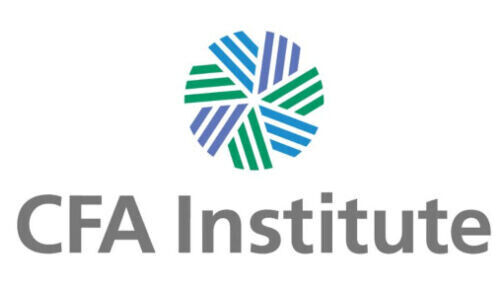Integrity Undermined: CFA Institute Rocked by Scandal
The CFA Institute, long revered for integrity, discipline, and professional excellence, now finds itself at the center of a high-profile scandal. In New York, the organization’s former Chief Marketing Officer has been indicted for allegedly embezzling nearly $5 million from the nonprofit.
According to court documents cited by news wire «Bloomberg», a former executive is accused of siphoning funds to bankroll an extravagant lifestyle, including luxury travel, private club memberships, and a $150,000 engagement ring.
The CFA Institute, a leading educational body in global finance, employed the executive from 2016 to 2022. The indictment, filed by the Manhattan District Attorney, outlines an elaborate scheme in which the Chief Marketing Officer (CMO) allegedly created and controlled fake consulting firms that he hired under the guise of external contractors.
Prosecutors claim he submitted bogus invoices for services never rendered – deceiving colleagues and misappropriating funds with little suspicion.
Not Guilty Plea and Legal Pushback
The 61-year-old pleaded not guilty to the eight-count indictment. Bail was set at $500,000 in cash or a $1 million bond. His lawyer dismissed the case as based on «fabricated allegations» by a disgruntled former employer and said his client looks forward to proving his innocence in court.
While the indictment does not name the CFA Institute directly, both it and Boundless Learning, a former Pearson subsidiary where the executive worked from 2022 to 2024, are believed to be the targets of the alleged fraud.
Quiet on Details
The CFA Institute confirmed it has been cooperating with the District Attorney’s office since late 2024. However, the organization declined to comment further on the ongoing investigation.
The case threatens to tarnish the institute’s image as a global standard-bearer of financial ethics and professionalism, raising questions about internal controls and oversight.
Fake Firms, Real Money: Anatomy of the Fraud
The indictment alleges the executive replicated the same scheme at both organizations. To make the fake consulting firms seem legitimate, he created websites, email addresses, phone numbers, and bank accounts, crafting a façade of credible vendors.
He even sent emails from these fake firms to himself and then forwarded them to colleagues to lend legitimacy. Payments flowed freely for work that never happened.
Luxury Financed with Stolen Funds
According to prosecutors, the stolen money funded a luxurious lifestyle. The infamous $150,000 engagement ring was allegedly purchased directly from one of the fake firm’s accounts. Other expenses included high-end dining and around 150 flights, suggesting a deeply entrenched, long-running fraud.
As the case unfolds, it casts a shadow over an institution that has long stood as a symbol of financial probity.



























